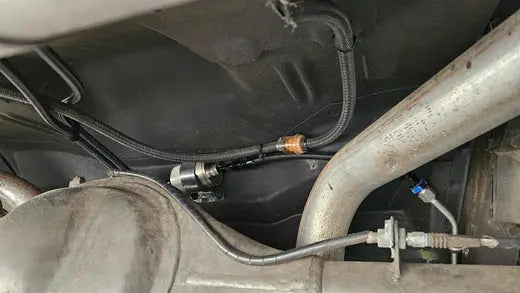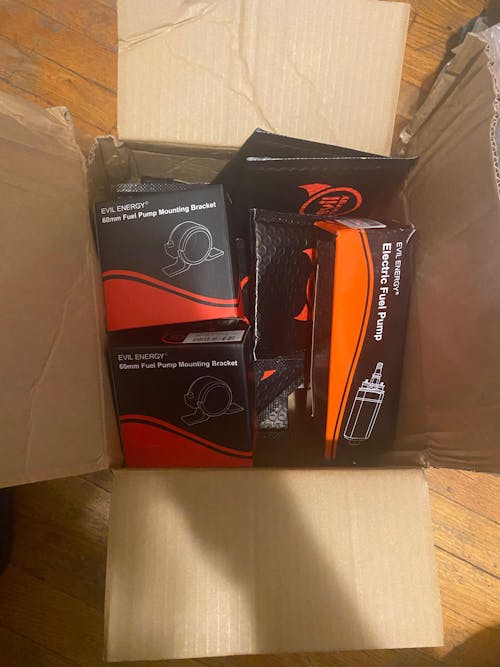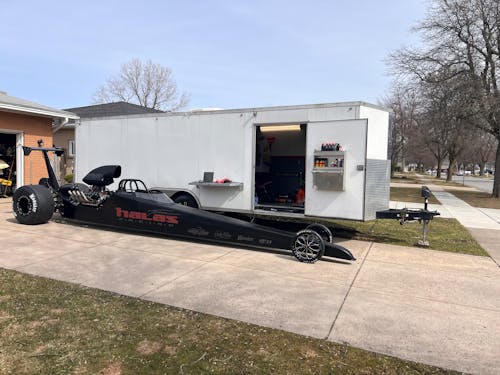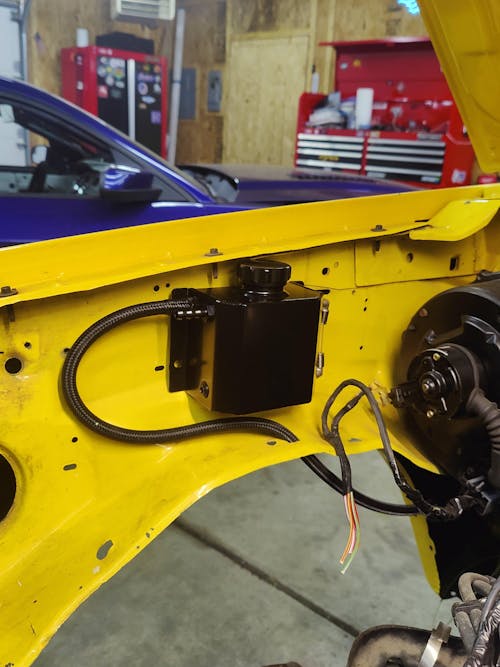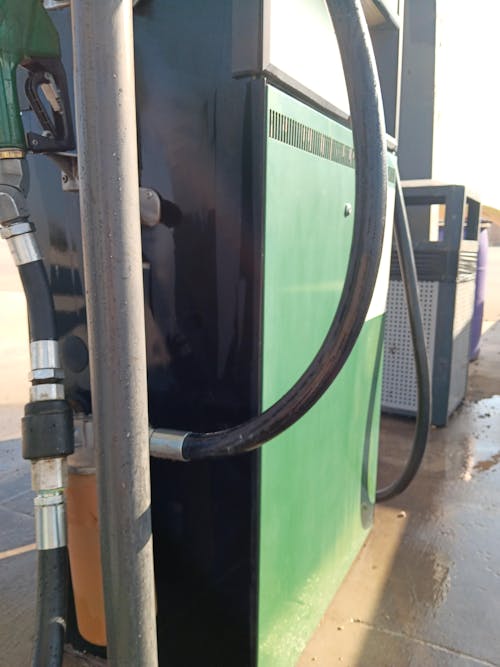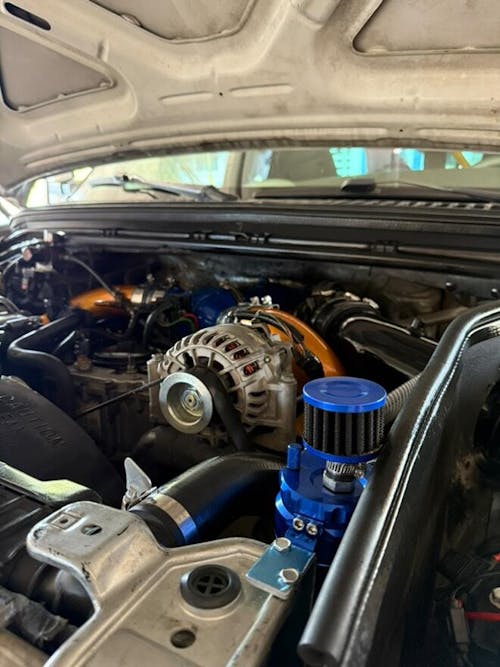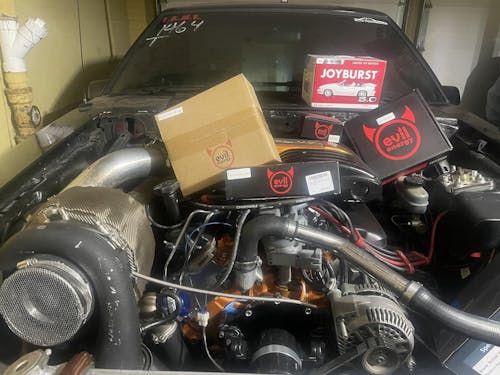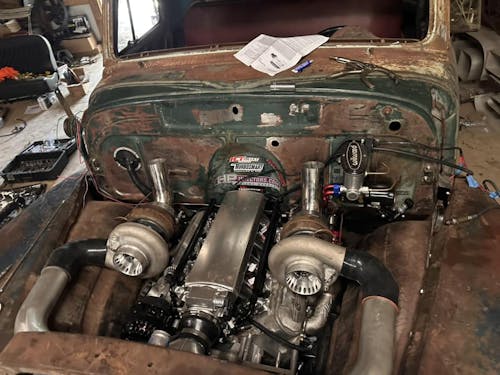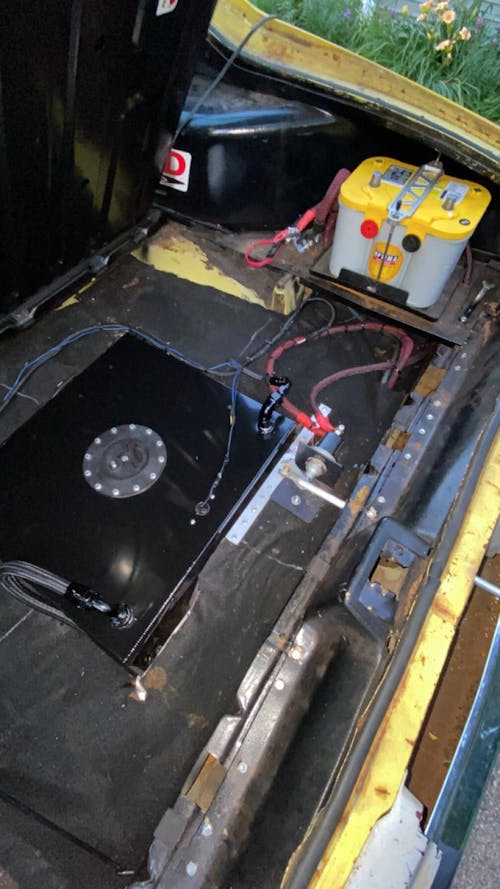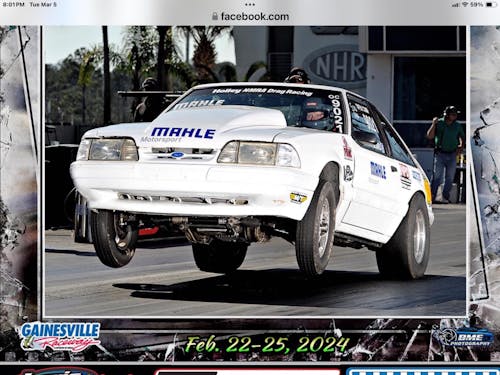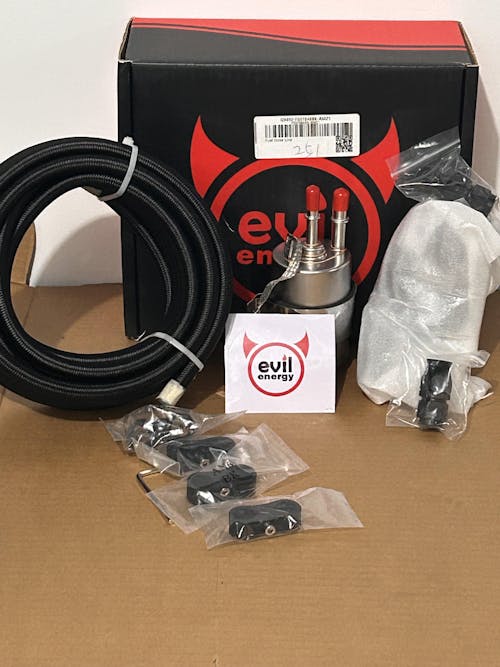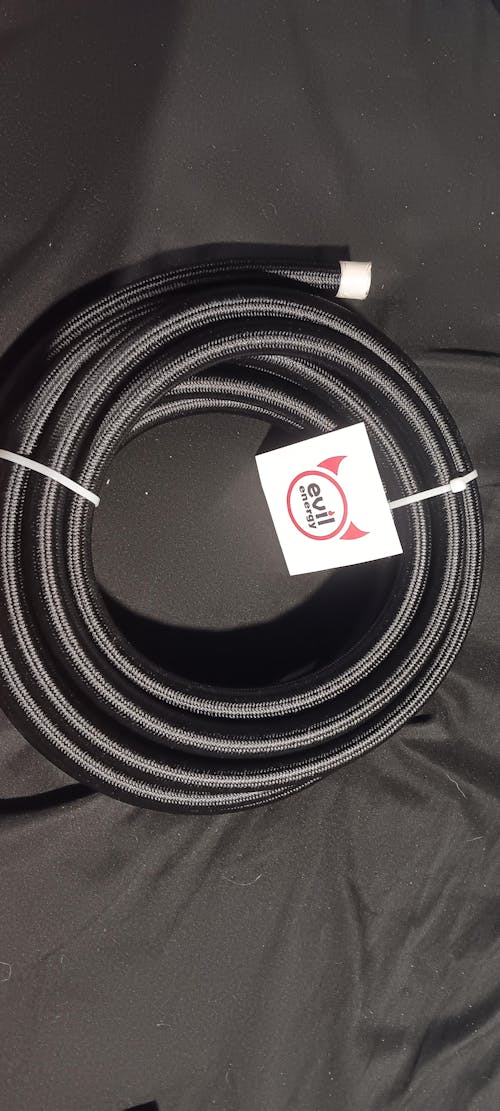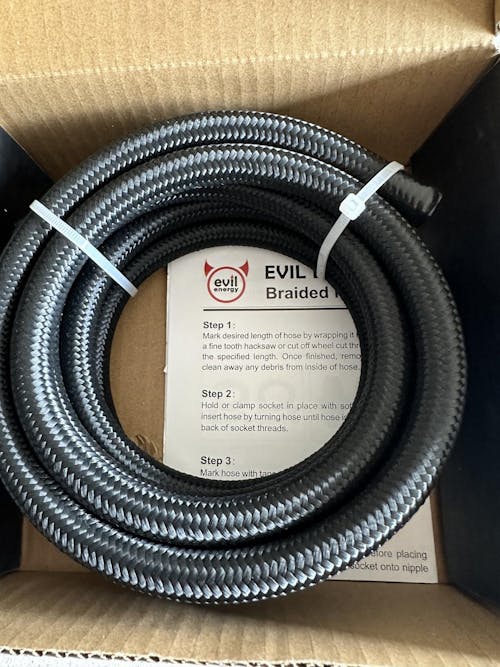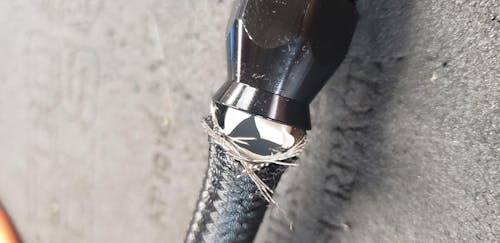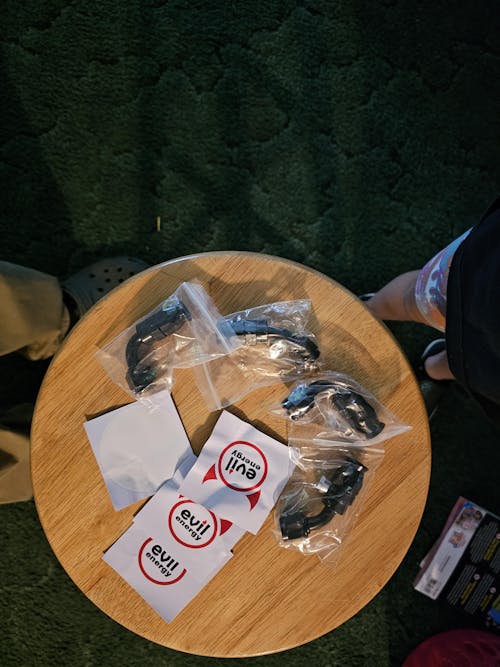How Much Does a Fuel Filter Change Cost?
Understanding the Cost of Fuel Filter Replacement
Replacing a fuel filter can vary greatly in cost due to several factors. The make and model of your vehicle play a crucial role, as luxury or high-performance cars often require costlier parts and more labor-intensive procedures, leading to higher expenses. Additionally, regional labor rates significantly impact the overall cost. Urban areas or regions with a higher cost of living tend to have steeper labor charges, increasing the total expense of a fuel filter change.
The quality and type of filter you select also influence the price. OEM (Original Equipment Manufacturer) filters, which are identical to the original parts used in your car, usually come with a premium price tag. On the other hand, aftermarket filters can be more affordable, but their quality and durability may vary, potentially affecting the vehicle’s performance in the long run.
Importance of Regular Fuel Filter Maintenance
Maintaining a clean fuel filter is essential for ensuring your vehicle runs efficiently and reliably. A properly functioning fuel filter removes debris and contaminants from fuel before it reaches the engine, allowing the engine to perform smoothly. This not only improves acceleration and power delivery but also enhances the overall driving experience.

Regular maintenance also helps prevent damage to engine components. Over time, particles can accumulate and cause wear and tear, leading to costly repairs. Replacing the fuel filter as part of routine maintenance safeguards the engine and can extend its lifespan. Conversely, neglecting this task may result in issues such as engine misfires, poor fuel economy, and even damage to critical components like fuel injectors or pumps. These problems can escalate, translating into higher repair costs and reduced vehicle reliability.
Recognizing Signs for Fuel Filter Replacement
A clogged fuel filter can have a noticeable impact on your car’s performance.
Indicators of a Clogged Fuel Filter
- Decreased Engine Performance: Noticeable lack of power during acceleration or difficulty reaching high speeds.
- Starting Issues: Hard starts due to restricted fuel flow.
- Check Engine Light: This may indicate issues with the fuel delivery system.
Consequences of Ignoring Replacement
- Stalling and power loss, especially during acceleration or on inclines.
- Excessive engine wear, potentially leading to costly repairs or engine failure.
Promptly addressing these signs ensures your vehicle’s reliability and longevity.
Frequency and Timing for Fuel Filter Changes
Fuel filter replacement intervals generally range from 20,000 to 40,000 miles, depending on your vehicle’s make, model, and manufacturer recommendations. However, harsh driving conditions or low-quality fuel can accelerate clogging, necessitating more frequent changes. To ensure optimal performance, always consult your vehicle’s manual for specific guidelines. Following the recommended maintenance schedule can help prevent fuel system issues and keep your car running smoothly.
DIY vs. Professional Fuel Filter Replacement
Deciding whether to replace your fuel filter yourself or hire a professional depends on several factors. DIY replacement can save money, as you’ll primarily pay for the filter itself, which typically costs between $10 and $70. However, this approach requires basic tools and some mechanical know-how. While simpler tasks may only need hand tools, more complex systems could demand specialized equipment.

Opting for professional services ensures the job is done safely and correctly. Mechanics are experienced in handling fuel system components, reducing the risk of accidents or vehicle damage. Though professional replacement is more expensive—ranging from $50 to $150 for parts and labor—it provides peace of mind through the expertise and guarantees offered by most repair shops.
Steps to Safely Replace a Fuel Filter
Replacing a fuel filter requires preparation and attention to detail. Begin by gathering tools such as safety gloves, a wrench set, and a container for catching fuel. Park the car on a level surface and ensure the engine is cool.
Step-by-Step Guide
-
Step 1: Relieve System Pressure
Loosen the fuel cap and use the appropriate valve or fuse to relieve pressure. -
Step 2: Disconnect the Old Filter
Locate the fuel filter along the fuel line, carefully disconnect the fuel lines, and remove the old filter. Catch any escaping fuel in a container. -
Step 3: Install the New Filter
Attach the new filter, ensuring it aligns with the flow direction indicated on the filter, and secure it properly. -
Step 4: Check for Leaks
Verify that all connections are tight. Start the engine to confirm smooth operation without leaks.
Environmentally Responsible Disposal of Fuel Filters
Proper disposal of used fuel filters is crucial due to the hazardous materials they may contain. Improper handling can harm the environment by polluting water sources or endangering wildlife. Many communities provide recycling services or automotive waste facilities equipped to manage fuel filters safely. By utilizing these services, you contribute to environmental conservation and ensure responsible waste management.


![EVIL ENERGY 4/6/8/10AN PTFE Fuel Line Kit | E85 Nylon Braided Hose | 16/20FT Black Black with Comprehensive Fittings [20FT]](http://www.ievilenergy.com/cdn/shop/files/Test-2025-Evilenergy-125598065_165x.png?v=1742144807)
![ptfe hose fitting kit [16FT]](http://www.ievilenergy.com/cdn/shop/files/Test-2025-Evilenergy-125598171_165x.png?v=1742144807)
![CPE Fuel Line[25FT]](http://www.ievilenergy.com/cdn/shop/files/25FTCPE_FuelLine_165x.png?v=1735220649)
![CPE Fuel Line[20FT]](http://www.ievilenergy.com/cdn/shop/files/20FTCPE_FuelLine_165x.png?v=1735220649)
